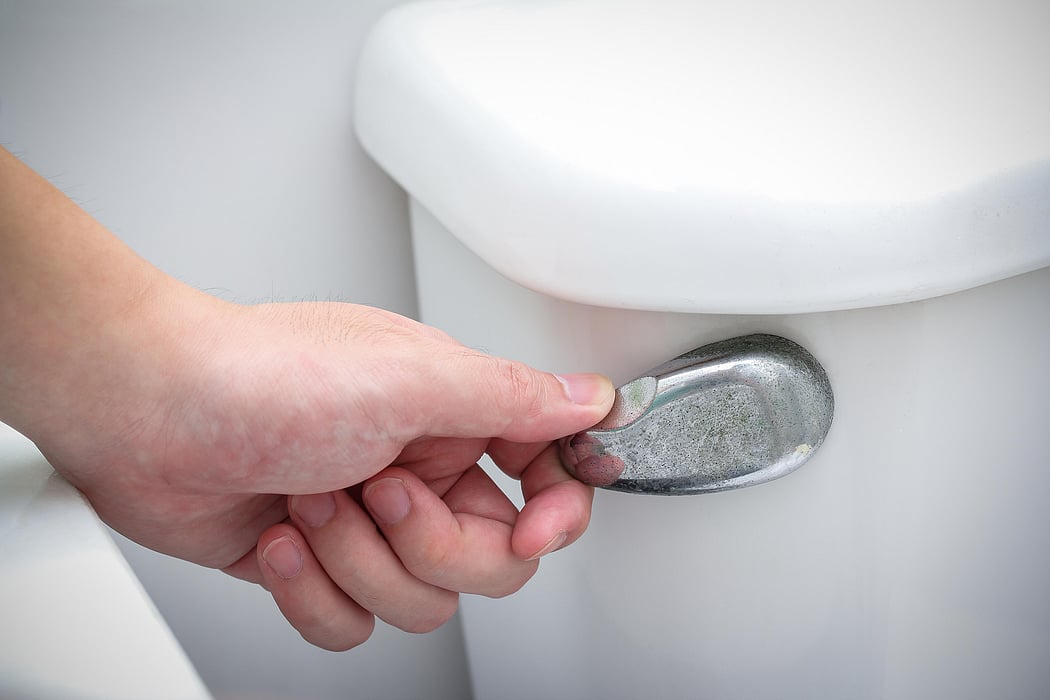Tx Response Rate Increased With Lower First-Morning Urine Osmolality in Nocturnal Enuresis

WEDNESDAY, Oct. 4, 2023 (HealthDay News) -- Children with nocturnal enuresis (NE) with a lower first-morning urine osmolality (Uosm) have higher treatment response rates, according to a study published in the September issue of Investigative and Clinical Urology.
Gwon Kyeong Lee, from the Pusan National University School of Medicine in South Korea, and colleagues enrolled 99 children with NE in a retrospective study and categorized them according to first-morning Uosm results into a low Uosm group (<800 mOsm/L; 38 cases) or a high Uosm group (≥800 mOsm/L; 61 cases). Baseline parameters were obtained, and all cases were administered standard urotherapy and pharmacological treatment. At one and three months after treatment initiation, enuresis frequency and response rates were analyzed.
The researchers found that the level of first-morning Uosm was 997.1 ± 119.6 and 600.9 ± 155.9 mOsm/L in the high and low Uosm groups, respectively. The low Uosm group had significantly greater first-morning voided volume and total voided volume. A response rate of ≥50 percent was seen for a significantly higher percentage of children in the low Uosm group at one month (50.0 versus 24.6 percent) and three months (63.2 versus 36.1 percent).
"First-morning Uosm testing can be performed easily, safely, and cost-effectively even on children with NE," the authors write. "This study showed that NE children with lower first-morning Uosm responded better to urotherapy and pharmacological therapy."
Related Posts
In Boxers and MMA Fighters, Brain May Make Some Recovery After Retirement
THURSDAY, Sept. 15, 2022 (HealthDay News) -- Professional fighters take a lot of...
CDC Warns of Deadly Outbreak of Meningitis Among Gay Men in Florida
WEDNESDAY, June 22, 2022 (HealthDay News) -- One of the worst meningitis...
Study IDs Link for Depression, Physical Conditions Requiring Hospitalization
FRIDAY, May 5, 2023 (HealthDay News) -- For individuals with depression, the...
ACC: Use of Salt Substitute to Prevent Stroke Is Cost-Saving
MONDAY, March 28, 2022 (HealthDay News) -- Among individuals with prior stroke...
